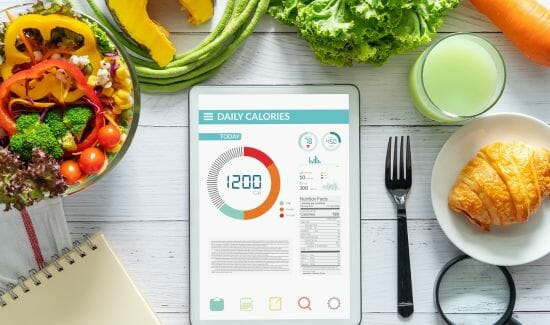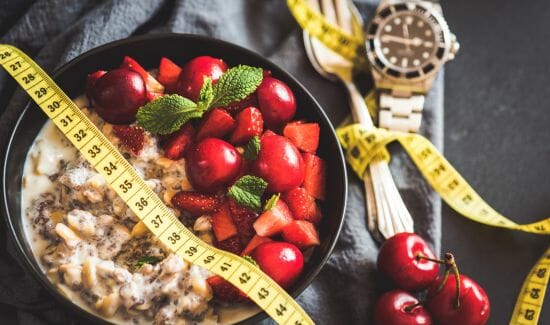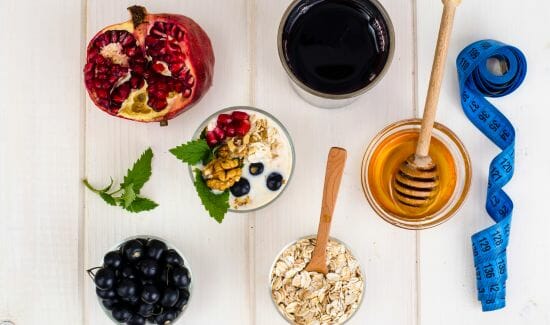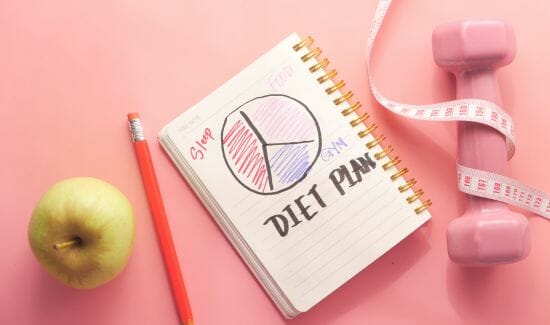
In a world where staying healthy and fit is a top priority, we’re always on the lookout for the perfect weight loss solution. Among the many trends that have come and gone, there’s one that has stuck around: juicing. You’ve probably heard about it – the exciting claims of shedding weight quickly and effortlessly, and the idea of sipping on colorful, super-healthy drinks. But the big question is: does juicing really help you lose weight, or is it just a myth?

How Juicing Works for Weight Loss?
The concept behind juicing for weight loss is fairly straightforward. By consuming nutrient-dense juices in place of some or all of your meals, you reduce your overall calorie intake while supplying your body with essential nutrients. This calorie deficit is a fundamental principle of weight loss.

Benefits of Juicing for Weight Loss:
- Nutrient Boost: Juices are packed with essential vitamins and minerals, providing your body with the nutrients it needs to function optimally, even while you’re consuming fewer calories.
- Hydration: Proper hydration is crucial for weight loss, and juice helps keep you hydrated throughout the day.
- Detoxification: Many claim that juicing can aid in the detoxification of the body, which, in theory, can support weight loss.

Downsides of Juicing for Weight Loss:
While juicing has its merits, it’s not without its downsides:
- Lack of Fiber: Juicing removes the fiber from fruits and vegetables, which plays a crucial role in digestion and satiety. This can leave you feeling less full and more prone to hunger.
- Caloric Intake: Some juices, especially those with a high fruit content, can be calorie-dense. Consuming these excessively can lead to an unintended surplus of calories.
- Sustainability: Many find it challenging to sustain a juicing regimen for the long term.

Best Ingredients for Weight Loss Juices:
When it comes to juicing for weight loss, the selection of ingredients is paramount. Not all fruits and vegetables are created equal in terms of their weight loss potential. Here, we’ll delve into some of the best ingredients to include in your weight-loss juices.
1. Leafy Greens:
Leafy greens like kale, spinach, and Swiss chard are a staple in weight-loss juices. They are low in calories but high in essential nutrients, such as vitamins A, C, and K, along with minerals like iron and calcium. They also provide a good dose of dietary fiber, which promotes satiety.
2. Cucumbers:
Cucumbers are incredibly hydrating and low in calories. They’re an excellent choice for juicing as they add volume to your beverage without significantly increasing the calorie count. Plus, they provide skin-loving nutrients like silica.
3. Celery:
Celery is another low-calorie, high-fiber vegetable that’s perfect for juicing. It’s a natural diuretic, helping to reduce water weight. Celery is also rich in potassium, which can counterbalance the sodium in your diet.
4. Berries:
While lower in calories than many other fruits, berries are packed with antioxidants and fiber. Blueberries, in particular, have been linked to improved weight management.
5. Apples:
Apples are both sweet and high in dietary fiber, making them a valuable addition to weight-loss juices. The fiber in apples can help control your appetite.
6. Lemon:
Lemon juice is often added to weight-loss beverages for its detoxifying properties. It can also enhance the flavor of your juice, making it more enjoyable.
7. Beets:
Beets are nutrient powerhouses, providing vitamins, minerals, and nitrates that may enhance exercise performance and metabolism. They can add a vibrant hue to your juice and a slightly sweet flavor.

Creating a Sustainable Juicing Plan:
Sustainability is key when it comes to juicing for long-term weight management. A short-lived juice cleanse may yield temporary results, but to achieve lasting success, you need a plan that you can stick to. In this section, we’ll guide you through creating a sustainable juicing plan.
Set Realistic Goals:
Start by setting achievable weight loss goals. Unrealistic expectations can lead to disappointment and abandonment of your juicing plan. Consult with a healthcare professional or nutritionist to determine a healthy target weight and timeline.
Incorporate Whole Foods:
While juicing plays a vital role in your weight loss journey, it’s essential to integrate whole foods into your diet as well. Whole fruits, vegetables, lean proteins, and whole grains provide a more balanced and sustainable approach to nutrition.
Plan Your Juicing Schedule:
Determine how often you’ll incorporate juicing into your diet. Some people opt for a daily juice, while others may choose a juice fast for a designated period. Your plan should align with your lifestyle and preferences.
Monitor Your Progress:
Keep a journal of your journey. Track your weight, energy levels, and any changes in your health. This data will help you adjust your plan as needed.
Stay Hydrated:
Incorporate water into your regimen to ensure you’re well-hydrated throughout the day. Proper hydration is vital for overall well-being and weight loss.
Avoid Extreme Calorie Restriction:
While juicing can lead to a calorie deficit, it’s crucial to avoid extreme calorie restriction. Extremely low-calorie diets can lead to nutritional deficiencies and health complications.
FAQs:
Q1. How does juicing help with weight loss?
Juicing can help with weight loss by providing a concentrated source of vitamins, minerals, and antioxidants with relatively fewer calories. It can also serve as a low-calorie, nutritious alternative to sugary or high-calorie beverages, helping to reduce overall calorie intake.
Q2. Can I lose weight by juicing alone?
While juicing can be a part of a weight loss plan, it’s generally not recommended to rely on juicing alone for long-term weight loss. Juices lack the fiber that whole fruits and vegetables provide, which is essential for feeling full and satisfied. A well-rounded diet and regular exercise are crucial for sustainable weight loss.
Q3. What are the best fruits and vegetables for weight loss juices?
Some excellent choices include leafy greens like spinach and kale, low-sugar fruits like berries and apples, and vegetables like cucumbers and celery. These ingredients are nutrient-dense and lower in calories.
Q4. Is there a recommended time to drink weight-loss juices?
Some people prefer to start their day with green juice, while others use them as a mid-morning or afternoon snack. The timing can vary based on your routine and personal preferences.

As a dedicated blogger, I share insights, tips, and knowledge on all things caffeinated and beyond. I firmly believe that a well-brewed cup of coffee or a skillfully crafted cocktail has the power to unite people and ignite engaging conversations.



